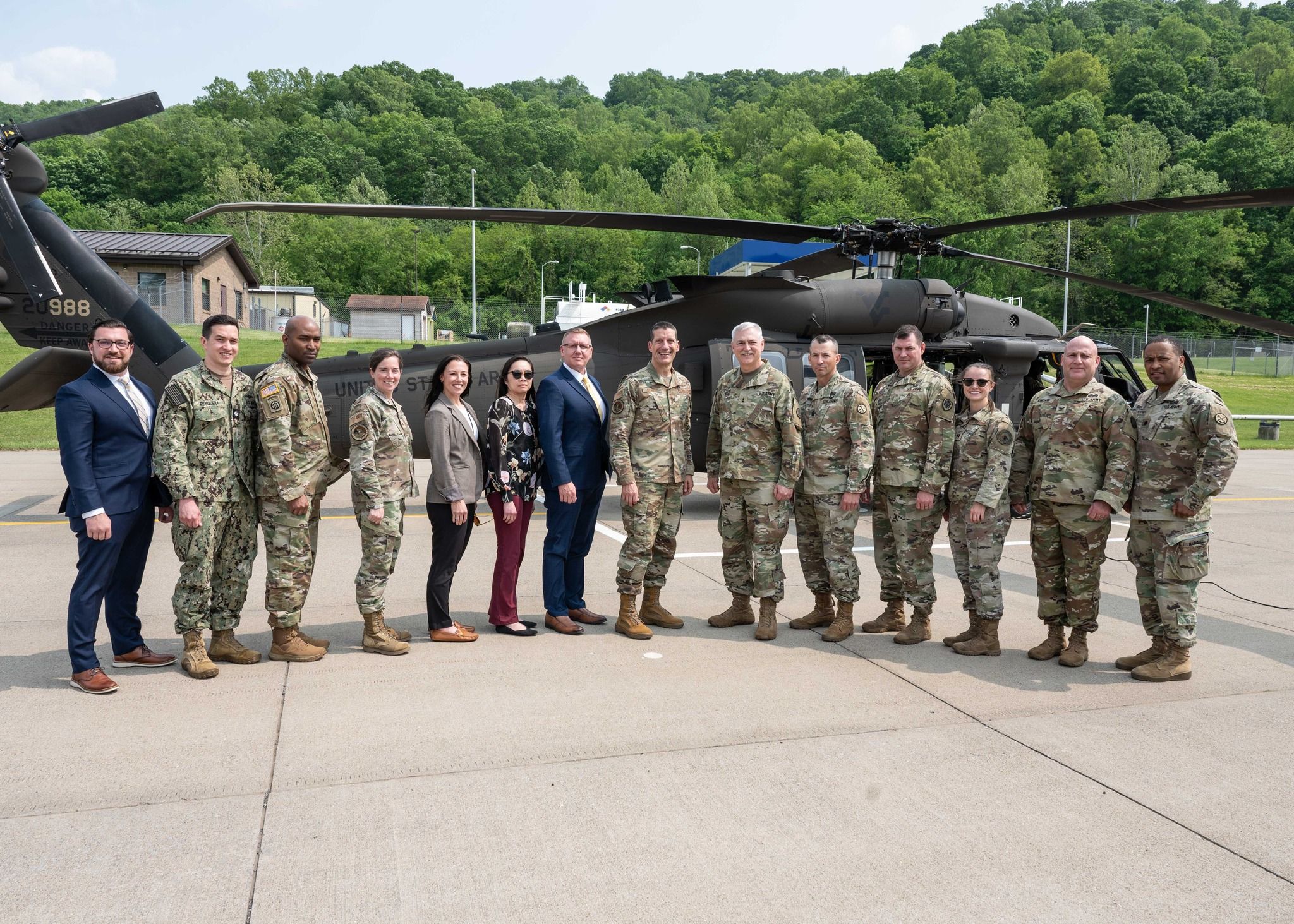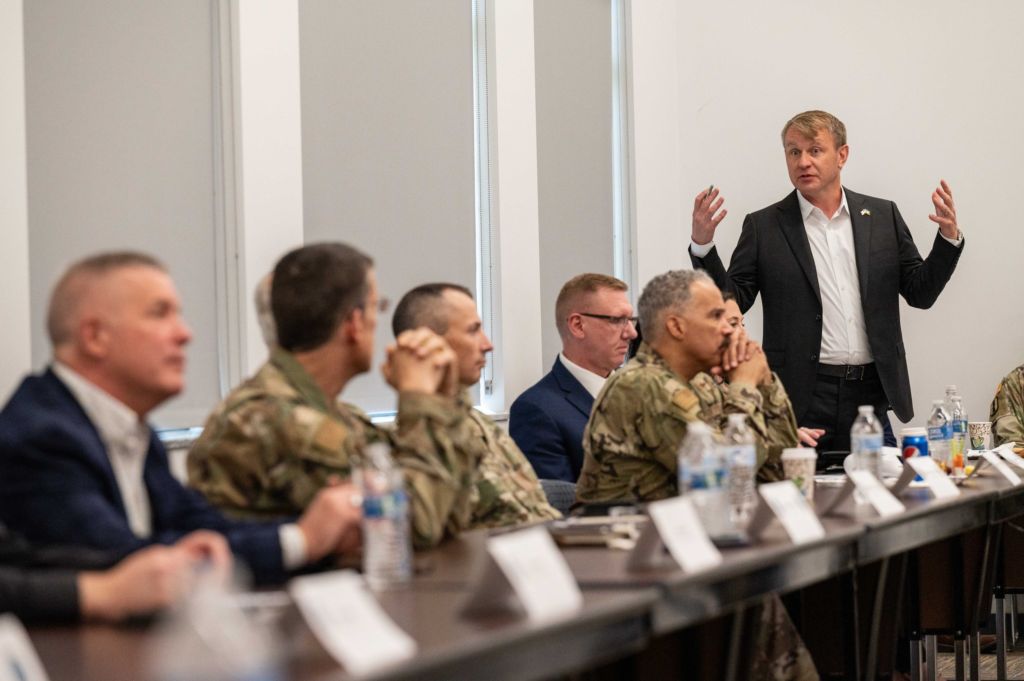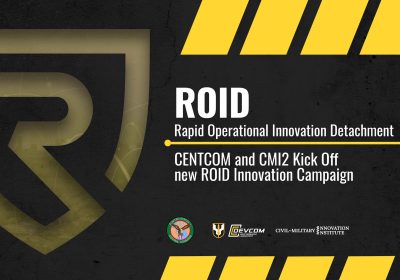Strategic partnerships include West Virginia National Guard, Marshall University, West Virginia University and CMI2
Joint Force Headquarters-Department of Defense Information Network and U.S. Cyber Command are partnering with Marshall University and West Virginia University to establish a National Center of Excellence for Cyber Security in Critical Infrastructure in West Virginia.

U.S. Senator Shelley Moore Capito (R-W.Va.), a member of the Senate Appropriations Subcommittee on Defense, celebrated the Center’s establishment.
“As our country faces an increasing number of cyber threats to our critical infrastructure, it’s essential that we train and develop the best and brightest cyber experts. I’m proud that U.S. Cyber Command is partnering with Marshall University and West Virginia University in this effort, and harnessing the forward-thinking expertise of West Virginia’s own Civil-Military Innovation Institute (CMI2), to make this possible. The cutting-edge programs at the National Center of Excellence for Cyber Security in Critical Infrastructure will better prepare the Department of Defense, the private sector, and other federal agencies to defend the critical systems we rely on every day,” Senator Capito said.
Developed under the umbrella of U.S. Cyber Command’s Academic Engagement Network, this partnership expands CYBERCOM and JFHQ-DODIN ability to examine critical infrastructure issues and create solutions to strengthen national security while helping shape the future cyber workforce for DoD through research, training, and collaborative initiatives.
The West Virginia National Guard Adjutant General Bill Crane hosted Lt. Gen. Robert Skinner, Commander of the Joint Force Headquarters- Department of Defense Information Network (JFHQ-DODIN), Mr. Joshua Spence, Chief Information Officer for the State of West Virginia, along with representatives of the West Virginia Congressional Delegation, West Virginia University, Marshall University, and the Civil-Military Innovation Institute on May 24, to discuss the strategic partnerships in West Virginia between academia and industry to create the Center.

According to the JFHQ-DODIN, the National Center of Excellence for Cyber Security in Critical Infrastructure will leverage innovative capabilities, build awareness and interoperability tools for synergistic and integrated operations, and foster effective collaboration across the public and private sectors to reduce risk through collective action amid the growing threats due to global interconnectivity. The partnership will focus on critical infrastructure protection, cyber security, and cyber assessment research needs, ensuring the student population addresses these essential topics in depth and breadth. Further, the DoD and federal government participation ensures research remains focused on the nation’s most pressing needs while keeping pace with contemporary concerns and issues.



